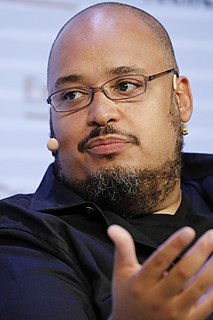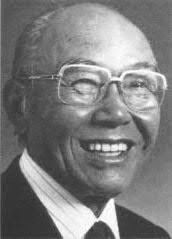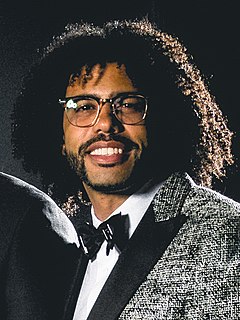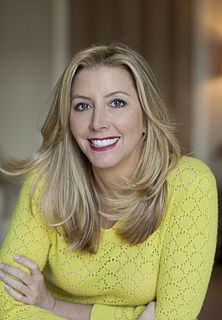A Quote by Ferran Adria
Risk is to do something that 99 percent of the time would be a failure.
Related Quotes
Oftentimes, it feels like we spend so much of our life waiting to make art, waiting for somebody to let us do something. You don't really have to do that. You can make it all the time. And 99 percent of the time, it's not going to be a big deal on a global scale. But 100 percent of the time, it's going to make you feel amazing.
When I was growing up, my dad would encourage my brother and I to fail. We would be sitting at the dinner table and he would ask, 'So what did you guys fail at this week?' If we didn't have something to contribute, he would be disappointed. When I did fail at something, he'd high-five me. What I didn't realize at the time was that he was completely reframing my definition of failure at a young age. To me, failure means not trying; failure isn't the outcome. If I have to look at myself in the mirror and say, 'I didn't try that because I was scared,' that is failure.
It sounds so innocuous but the difference between 99 percent and 100 percent is huge. You can finish at 99 percent and you'll be hurting but if you push a tiny bit more - and that's the bit that makes the difference to your training - your legs just grind to a halt. It's like your engine is seizing up.
You need to put the fear of risk aside. Startups need leaders who are willing to persevere through the hard times. Failure is an option, and a real risk. Failure and risk are something entrepreneurs should understand well, and learn to manage. Don’t have a fear of talking about your failures. Don’t hide your mistakes.







































